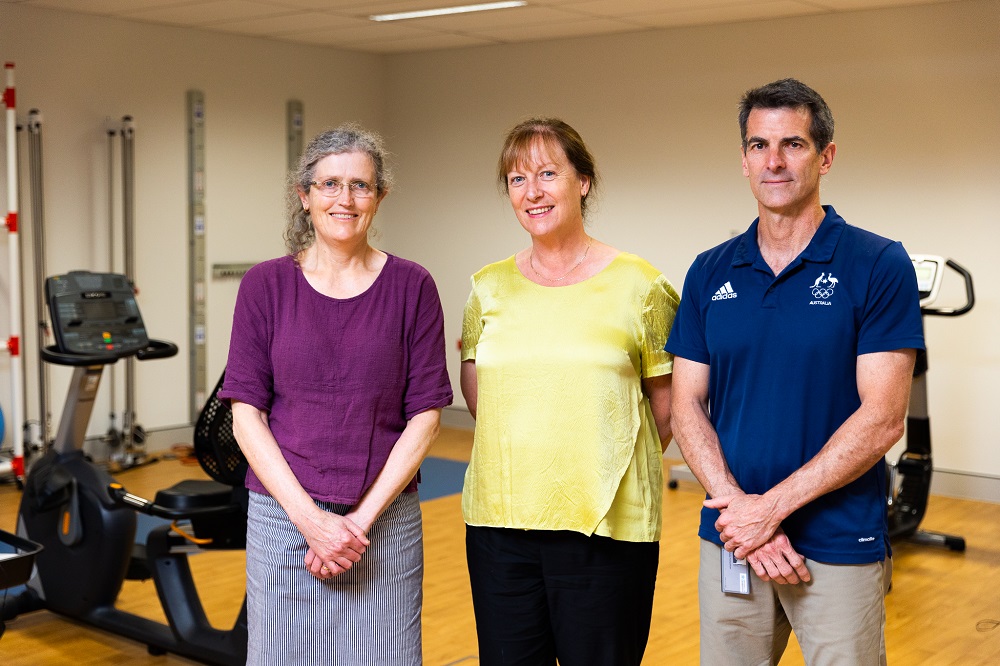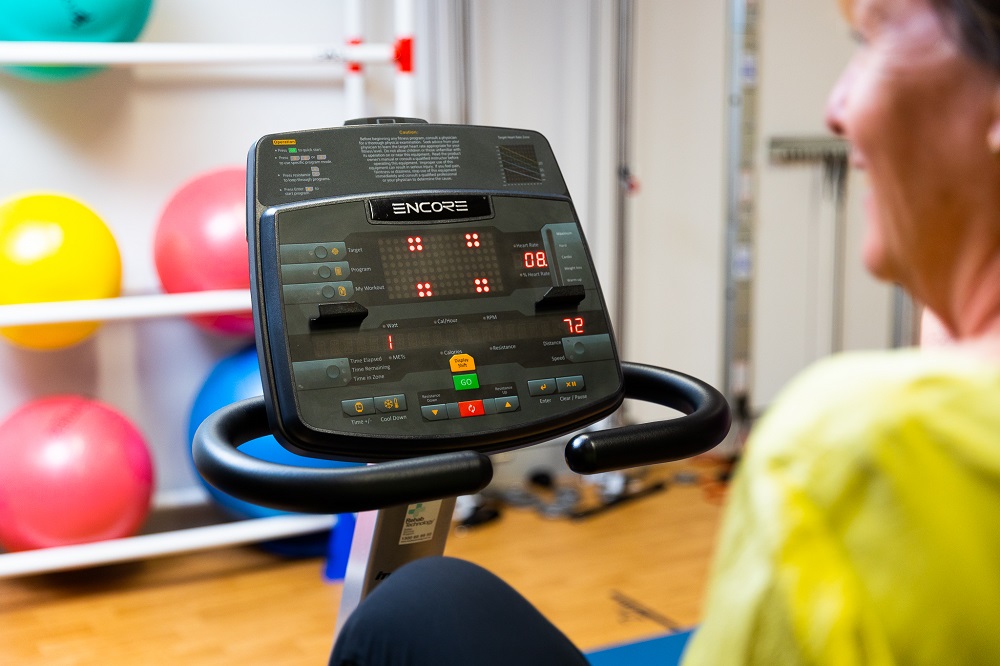
Emma Larouche
5 December 2022: A study being led by the University of Canberra and Canberra Health Services will develop a clinic for patients with knee osteoarthritis, making faster access to knee replacements possible and providing better chronic care management alternatives.
Associate Dean of Research and Innovation at the University of Canberra’s Faculty of Health Professor Jennie Scarvell received a $206,000 grant to develop the advanced musculoskeletal clinic at the Canberra Hospital.
Part of the inaugural HCF Research Foundation Translational Research Grants, the pre-surgical triage and assessment centre will be co-designed by a steering group of consumers, medical and allied health providers.
“We’re designing the clinic based on the best available evidence, which shows that a multidisciplinary approach is the way forward, so that expertise is available on a range of issues,” Professor Scarvell said.
Dr Jo Morris, Executive Director of Rehabilitation, Aged and Community Services at Canberra Health Services, said that the clinic will be the first point of contact for patients who have been referred to Canberra Hospital Orthopaedics for a knee replacement, or with osteoarthritis of the knee.
“Patients will be referred to either an orthopaedic surgeon for review, or a non-surgical pathway,” Dr Morris said. “Non-surgical pathways may include an exercise, education, or diet and pain management program.
“The clinic will be staffed by advanced practice physiotherapists and an orthopaedic surgeon, and offer each patient a treatment pathway that is tailored to their individual needs.”
The research will look at how multidisciplinary care could help people in the ACT and surrounding regions manage knee osteoarthritis, to prevent further deterioration.

“While people are waiting for surgery, they can get stiff, sore, experience weight gain, lose their fitness, and have their osteoarthritis get worse,” Professor Scarvell said.
“They might also be missing out on care like exercise and education programs for knee osteoarthritis.”
The clinic is expected to be up and running in 2023 and the research team will analyse costs, efficiencies, and most importantly, patient outcomes.
“Long-standing issues like osteoarthritis can usually be managed very well and surgery is reserved for those who really need it,” Professor Scarvell said.
“We need to be able to demonstrate that the clinic is both effective and efficient, so that it becomes not just the best care, but our standard care.”
HCF says that data shows a 55 per cent increase in members admitted for total knee replacement surgery over the past five years.
For the ACT, this number grew to a 64 per cent increase over the past five years.
HCF Research Foundation Chair, Professor Claire Jackson, said the project had been selected as a grant recipient due to its close alignment with the foundation’s mission to improve the delivery of health services for the benefit of all Australians.
“We’re proud to help turn research into reality through support of the pre-surgical triage and assessment clinic, which will deliver real-world benefits for Australians suffering from knee pain,” Professor Jackson said.


